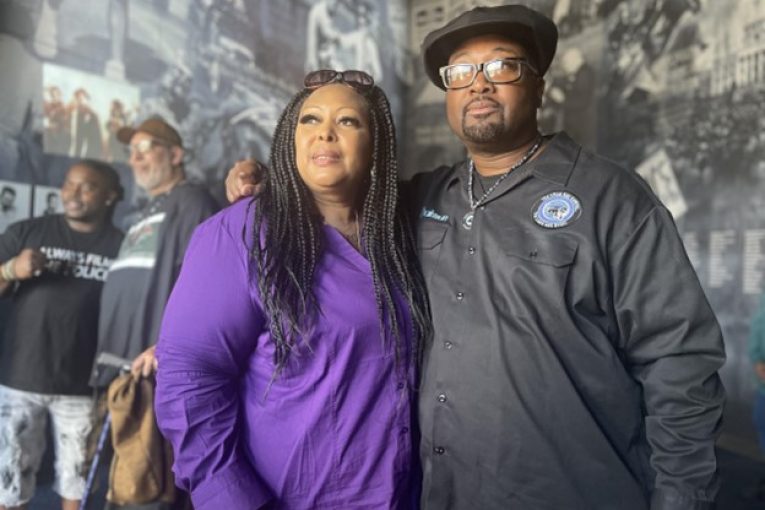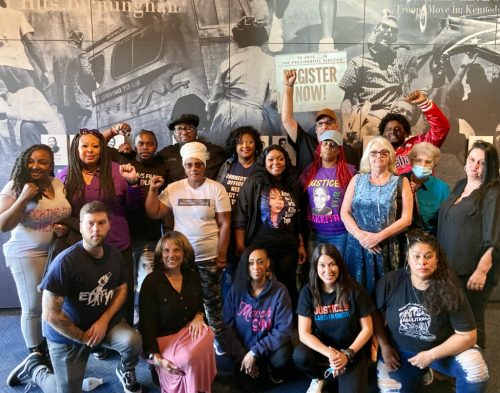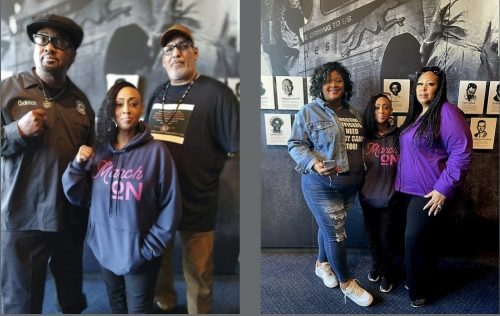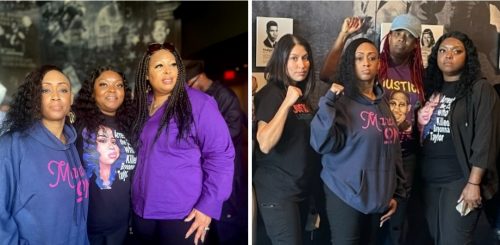

by Robert J. Hansen
(Sacramento, CA) Four out of five states banned slavery as criminal punishment in yesterday’s midterm election, according to preliminary estimates from state officials.
Louisiana was the only state that voted 69 percent to 39 percent to keep involuntary servitude in its constitution while Alabama, Tennessee, Oregon and Vermont all voted to amend their constitutions.
Most states have constitutional amendments similar to the Thirteenth Amendment of the United States Constitution, which states, “Neither slavery nor involuntary servitude, except as a punishment for crime shall be permitted …”
In June of this year, the California State Senate failed to pass ACA 3, an assembly constitutional amendment that would have given voters the opportunity to vote on removing involuntary servitude from the constitution.
“California should be ashamed of itself for not only being the largest carceral state in the union, but for allowing legalized slavery to continue to be practiced through our prison system” said Jamilia Land, co-chair of the California Abolition Act Coalition and national partnership coordinator for Abolish Slavery National Network (ASNN).
The United States incarcerates over 1.2 million people in state and federal prisons with two out of three incarcerated citizens being workers, according to a 2022 study of prison labor nationwide by the American Civil Liberties Union (ACLU) in partnership with the University of Chicago.
Incarcerated citizens produce more than $2 billion a year in goods and commodities and over $9 billion a year in services for the maintenance of the prisons where they are warehoused.
After yesterday’s election results, there are now seven states Alabama, Tennessee, Oregon and Vermont joining Utah, Colorado and Nebraska, who amended their state constitutions in 2020 to prohibit involuntary servitude.
On November 3, the National Coalition for Human Rights of Incarcerated Citizens (NCHRIC), founded by Diyawn Caldwell, Chazidy Bowman and Jamilia Land, held a press conference at the Civil Rights Memorial Center Theater in Alabama.
Speakers included Sandy Ray, impacted family member, Fred Hampton, Jr., Chairman of the Prisoners of Conscience Committee and the Black Panther Party Cubs, Jacob Blake, Sr., father of Jacob Blake, Bianca Austin, aunt of Breonna Taylor, Christina McGee-Horvat, co-director of Both Sides of the Wall, Max Parthas, State Operations Director of the Abolish Slavery National Network, Selinda Guerrero, National Network Organizer at Forward Together, and Steven Louis, Director of Development at Edifye.
“It’s time for Alabamians to rectify a historical wrong and end this cruel and unusual punishment,” Caldwell said. “The humanitarian crisis within the Alabama Department of Corrections is so egregious and unconstitutional that thousands of incarcerated people have gone on strike and the Department of Justice has filed suit.”

Caldwell is also the founder and president of Both Sides of the Wall and organizer of the Alabama Prison Strike, the largest strike of its kind in U.S. history
“While Governor Kay Ivey plots to spend $400 million of Covid relief funds to expand inhumane conditions, I hope that Alabamians of good conscience will join me in improving conditions at the prisons we already have.”
Parthas spoke about how important yesterday’s election was for ending legalized slavery throughout the country. His concerns were whether Alabama and Louisiana would follow behind California and vote to keep slavery.
“We have five states on the ballot and it looks like most of them are going to win but we have two problem children, one of them is right here,” Parthas said.
Parthas thought Alabama’s ballot was confusing, essentially needing to make two votes which didn’t indicate what the measure was.
“On the ballot measure I don’t think it explains clearly by doing that, that you were literally abolishing slavery in Alabama,” Parthas said.

ACLU’s “Exploitation of Incarcerated Workers” study
The roots of modern-day slavery are enshrined in the 13th Amendment that abolished slavery “except as a punishment for crime,” which is directly linked to slavery and post-Civil War oppression.
The ACLU’s research found that the average minimum hourly wage paid to workers for non-industry jobs is 13 cents, and the average maximum hourly wage is 52 cents.
The chief beneficiaries of prison labor are the prison system itself; state, local, and federal governments; and private sector companies that can exploit a captive labor force according to the report.
The ACLU report highlighted how private companies are benefiting from exploiting prison labor.
One company, Hickman’s Egg Ranch paid Arizona Correctional Industries the most of any company in the fiscal year 2020. It paid more than $7 million to the state prison industries program that year for labor contracts to employ incarcerated workers.
Conditions of labor inside U.S. prisons invoke protections under customary and treaty-based international law against slavery and forced labor, as well as cruel, inhuman, and degrading treatment.
“I feel fortunate for the responsibility, in the spirit of Harriet Tubman, to reach back for those who are still held captive,” Hampton Jr. said.

